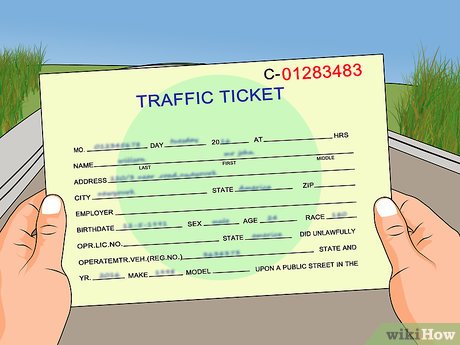Backed-up invoices have a way of slowly undermining a company’s stability, sapping time, energy, and momentum from business operations. For many organisations, working with a business debt recovery agency is a structured way of getting back the funds with compliance and professionalism. Knowledge of the stages of this process will set clear expectations and outline where action is needed.
Table of Contents
ToggleInitiating Contact Through Soft Reminders
Debt recovery does not begin with confrontation. Usually, the first step is a simple reminder (usually by email or letter) politely informing about the outstanding balance. This message could repeat terms, mention invoice numbers, and invite resolution without friction. Many customers reply now, particularly if the tone is not accusatory and respectful.
Establishing Direct Communication
If early contact does not work, the process usually enters direct engagement. A call from the recovery specialist can reveal the root cause of the problem – financial hardship, invoice disputes, or internal miscommunication. Early identification of the root cause can help avoid unnecessary escalation.
Offering Structured Payment Options
If a debtor is willing to pay but cannot do so, flexible terms can be introduced. A payment plan that has dates and amounts specified provides structure without burdening the client. These plans show goodwill and enhance the likelihood of full repayment without legal intervention.
Sending a Formal Demand Letter
Once informal approaches are exhausted, agencies often issue a final demand. This formal document outlines the debt’s history, the actions taken so far, and the potential consequences of inaction. It may include interest, late payment fees, and a timeline for compliance. Delivered professionally, it signals the seriousness of the matter without resorting to threats.
Investigating the Debtor’s Financial Position
The agency may begin assessing the debtor’s ability to repay when payment continues to stall. This stage involves reviewing company records, past trading history, and other publicly available financial data. Insights gathered here help determine whether further effort is likely to yield results or whether legal enforcement is warranted.
Recommending Mediation or Arbitration
Litigation isn’t always the next logical step. Mediation or arbitration may offer a neutral resolution when parties seek to preserve a working relationship. These forums allow both sides to present their cases and negotiate terms with the guidance of a third party, often avoiding court altogether.
Initiating Legal Proceedings
The agency can suggest formal legal action when all the previous steps are unsuccessful. This may include serving a County Court Claim or a Statutory Demand, depending on the jurisdiction and the amount of debt. The path that will be selected will depend on the complexity of the case and the behaviour of the debtor. At this point, documentation becomes crucial – every email, invoice, and communication log will help the legal claim.
Enforcing the Court’s Decision
A favourable court judgment is the gateway to enforcement. Depending on the situation, this may entail teaching enforcement officers, applying for a Charging Order, or seeking an Attachment of Earnings. These measures exert different levels of pressure based on the debtor’s assets and employment status.
Monitoring for Repeat Issues
After a debt is recovered, businesses tend to reevaluate their internal processes. A dependable agency can provide feedback or monitoring services to detect risky customers in the future. This pre-emptive stance will reduce exposure and strengthen credit control in the future.
A Strategy Built on Precision and Patience
Debt recovery is not about harsh tactics or hasty decisions. It’s a deliberate multi-step process that uses diplomacy and legal support. A reliable business debt recovery agency is no longer a fixer of immediate problems but a partner in long-term financial stability. With knowledge of the complete journey—from soft nudges to legally binding rulings—businesses can make clear and confident decisions when non-payment occurs.



